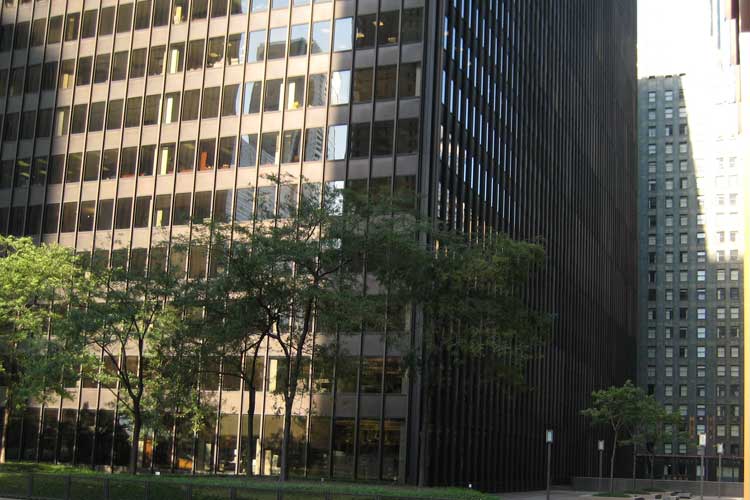How to Cope with Financial Ruin
Financial stress can be overwhelming, and when you are nearing absolute financial ruin every aspect of your daily life will often be filled with caution. Learning to cope with this enormous amount of stress will be an undisputed necessity as you work to gain some financial security again…
Financial ruin will impact everything from your spending habits and allowances to your relationships (especially with family). You and your spouse will have to be very supportive of each other and discuss your options as thoroughly as possible. Some possible solutions will need a collective agreement, such as the option of filing for bankruptcy with a respected Houston bankruptcy lawyer.
Communication is key in this difficult time. Discussing the situation with your spouse or a respected Houston bankruptcy lawyer (there are many – ranging from a Stafford bankruptcy lawyer to a Webster bankruptcy lawyer) will give you the chance to come to terms with the situation and release any emotional stress. This is synonymous with admitting you have a problem to be able to address it.
Work with your spouse or immediate family to set up a budget every week so you can monitor your spending habits more effectively. Discuss this weekly budget and summarise your main areas of spending. This would be the time to review unnecessary spending and change it. For example, instead of always opting for brand-name products (food, clothing, etc.), switch to more affordable products and only buy as needed.
Make sure you and your spouse share equal financial responsibility. Both of you should carry your fair share of weight to keep your family fed and active. Setting up your budget, you should make sure each of you make an equal and realistic contribution, regardless of whether your income differs. You should also refrain from sharing debt (except on loans like mortgages), which will also avoid irresponsible spending.
If you are flooded with debt, your hands might be tied and your only option would be to file for bankruptcy and try to save your situation this way. Whether you file with a Stafford bankruptcy lawyer or a Webster bankruptcy lawyer, you will need to discuss the option with your household and lawyer thoroughly before taking any further steps. Depending on your bankruptcy plan, you might need to surrender some of your possessions for repossession by creditors.
Meeting up with creditors to attempt to work out an alternative plan to repay them might help you to resolve a significant part of the problem. Bring any documents (such as proof of income, etc.) to support your plea. If you finally file for bankruptcy, you will have a horrifying credit reputation for the next 10 years, so trying to avert this might be a good prior option.
Please visit our website for more information about us and bankruptcy.
Call us today at (713) 974-1151 to schedule a no-obligation consultation or feel free to email us at [email protected].
[paypal-donation]













